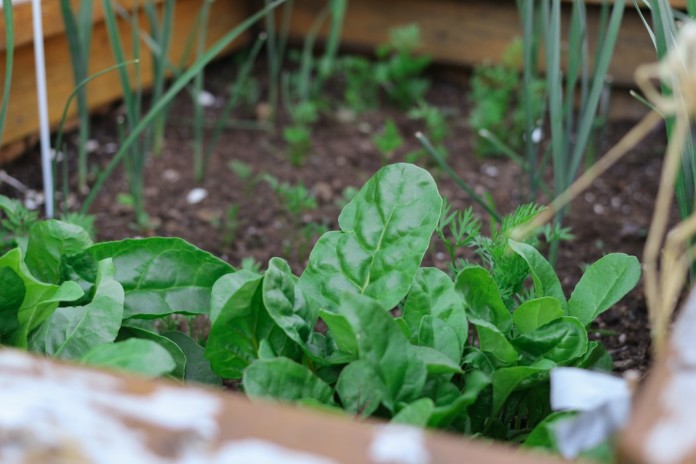Growing a vegetable garden is therapeutic and cost-effective. Nurturing your vegetables and watching them grow is fulfilling and rewarding. On the other hand, it provides you and your family with a cheaper option of healthy fresh vegetables instead of the relatively pricey ones you may find in your local supermarket. However, to gain from the benefits of keeping a garden, you would need to make all the right choices. Here are the top tips for growing your own vegetables.
Keep it small
The bigger your garden space, the more work you have cut out for yourself. Although many gardeners have said vegetable gardens are low-maintenance, it does not mean there is no maintenance. By keeping your vegetable garden small, you are sure to be more consistent in taking good care of it. It also prevents you from harvesting a large quantity that may go to waste.
Be sure on which vegetables you want to plant
Different vegetables have different needs. Factors such as geography, soil, and seasons play a role in how healthy your vegetable garden would be. For example, vegetables such as eggplants and zucchini are warm-season crops, while cauliflower, broccoli, and leafy green vegetables such as spinach are great options to plant during the winter. Therefore, before you create garden space, be sure to know the vegetables you would like to sow and consider if the present factors would allow for a fruitful, healthy harvest.
Use high-quality seeds
The quality of your seeds affects the quality of your harvest. Therefore, it is advisable to invest in hybrid, heirloom, or open-pollinated seeds. These can be easily found in your local supermarket or gardening supply store. Be sure to avoid purchasing GMO seeds. You can also use the seeds you saved for planting the vegetable to ensure you are using healthy organic ones.
Invest in a greenhouse
Greenhouses provide your vegetables (and other plants in general) with the right conditions to shield them against unwanted pests and excess cold or heat. This makes it possible for you to grow certain vegetables throughout the year with little to no stress. The greenhouse is usually made out of a plastic roof and sides. Suitable plastic for a greenhouse includes polythene, polycarbonate, copolymer, and polyvinyl plastic. The plastic controls the temperature and amount of moisture your crops are exposed to, preventing issues such as powdery mildew.
Check soil quality
The quality of your soil is another important aspect you should pay attention to when growing your vegetable garden. Vegetables are said to grow better in loamy soil, usually a combination of sand, silt, and clay. For vegetables, loam soil should contain 40% silt, 40% sand, and 20% clay. You can also conduct a soil test to determine if it has significant fertility and is at the correct pH levels. You can also use moderate amounts of mulch, compost, and other organic matter to improve your soil’s health.
With these tips in mind, you are guaranteed to harvest healthy and tasty vegetables on your own.




